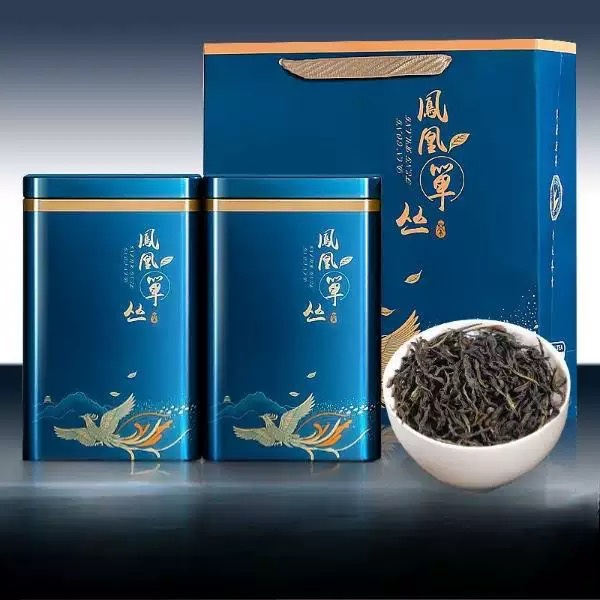
html
Oolong Tea: A Natural Aid for Weight Loss
For centuries, oolong tea has been cherished not only for its rich flavor but also for its potential health benefits. Among these benefits, its role in supporting weight loss has gained significant attention in recent years. This semi-oxidized tea, which falls between green and black tea in processing, may offer a natural way to enhance metabolism and promote fat burning.
How Oolong Tea Supports Weight Management
Research suggests that oolong tea may contribute to weight loss through several mechanisms:
- Boosts Metabolism: The polyphenols in oolong tea may help increase energy expenditure and fat oxidation.
- Enhances Fat Breakdown: Compounds in oolong tea appear to activate enzymes that help break down stored fat.
- Regulates Blood Sugar: By improving insulin sensitivity, oolong tea may help prevent fat storage.
- Suppresses Appetite: Some studies indicate oolong tea may help control hunger hormones.
Keyword: Oolong Tea and Weight Loss
Scientific Evidence Behind Oolong Tea and Weight Loss
Several studies have examined the effects of oolong tea on weight management:
A 2009 study published in the Chinese Journal of Integrative Medicine found that regular oolong tea consumption helped overweight subjects lose weight over a six-week period. Participants who drank oolong tea burned 2.9-3.4% more total calories per day compared to those who drank water.
Another study in the Journal of Nutrition demonstrated that oolong tea increased fat oxidation by 12% compared to water consumption.
How to Incorporate Oolong Tea for Weight Loss
To maximize the potential weight loss benefits of oolong tea:
- Drink 2-3 cups daily, preferably between meals
- Choose high-quality, loose-leaf oolong for maximum polyphenol content
- Brew with water at 185-205°F (85-96°C) for 3-5 minutes
- Avoid adding sugar or high-calorie sweeteners
- Combine with a balanced diet and regular exercise
Additional Health Benefits of Oolong Tea
Beyond weight management, oolong tea offers numerous health advantages:
- Rich in antioxidants that combat free radicals
- May improve heart health by lowering bad cholesterol
- Contains L-theanine which promotes relaxation and mental clarity
- May support healthy skin and hair
Precautions and Considerations
While oolong tea is generally safe for most people, there are some considerations:
- Contains caffeine (about 30-50mg per cup) – moderate consumption is advised
- May interact with certain medications, particularly blood thinners
- Excessive consumption could lead to mineral absorption issues
- Pregnant women should limit intake due to caffeine content
As with any dietary change for weight management, it’s best to consult with a healthcare professional before making oolong tea a regular part of your routine, especially if you have existing health conditions.
Remember that while oolong tea may support weight loss efforts, it works best as part of a comprehensive approach